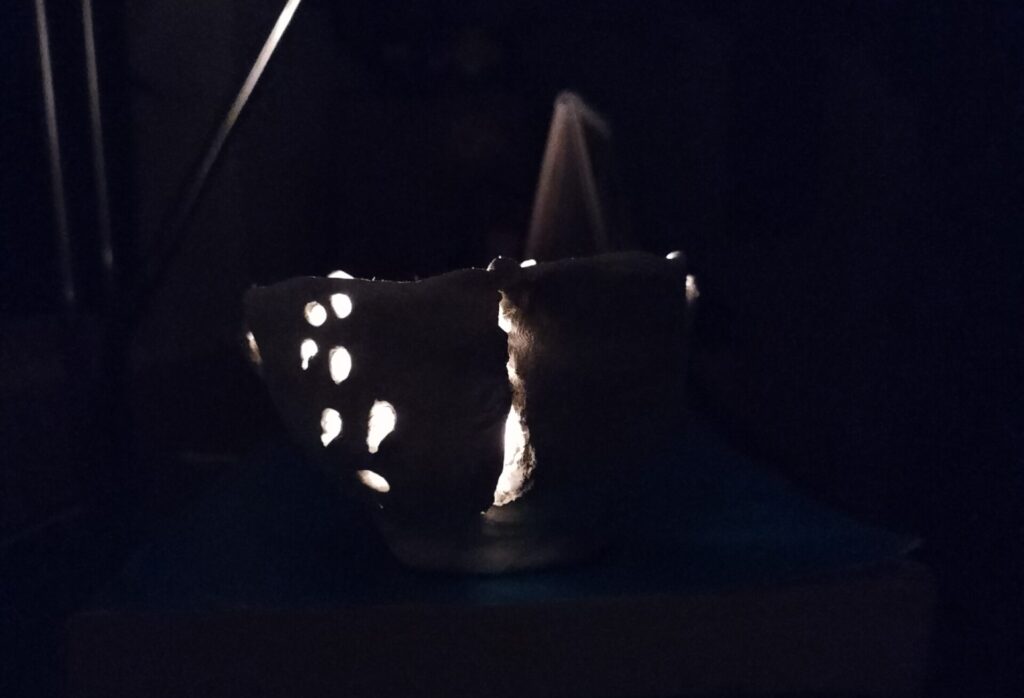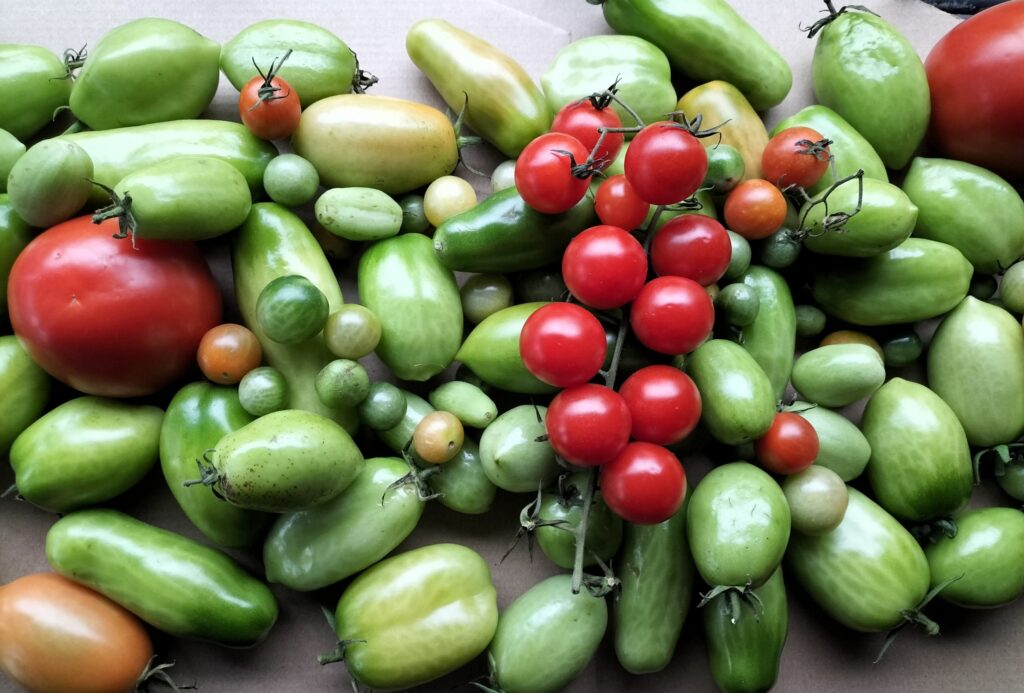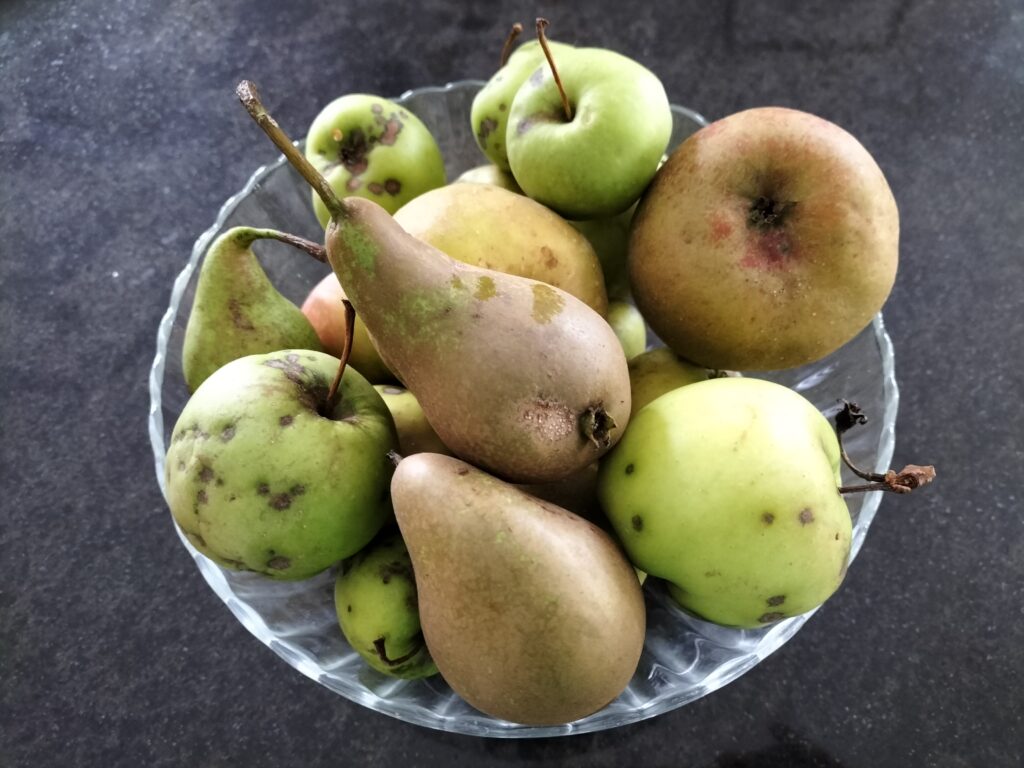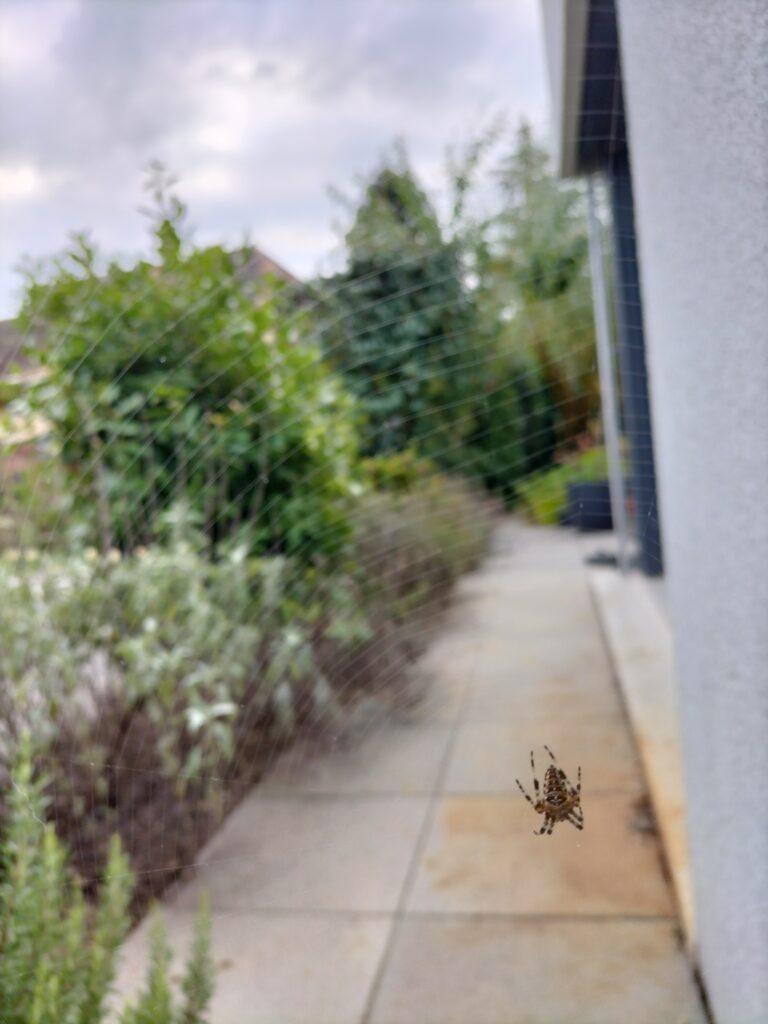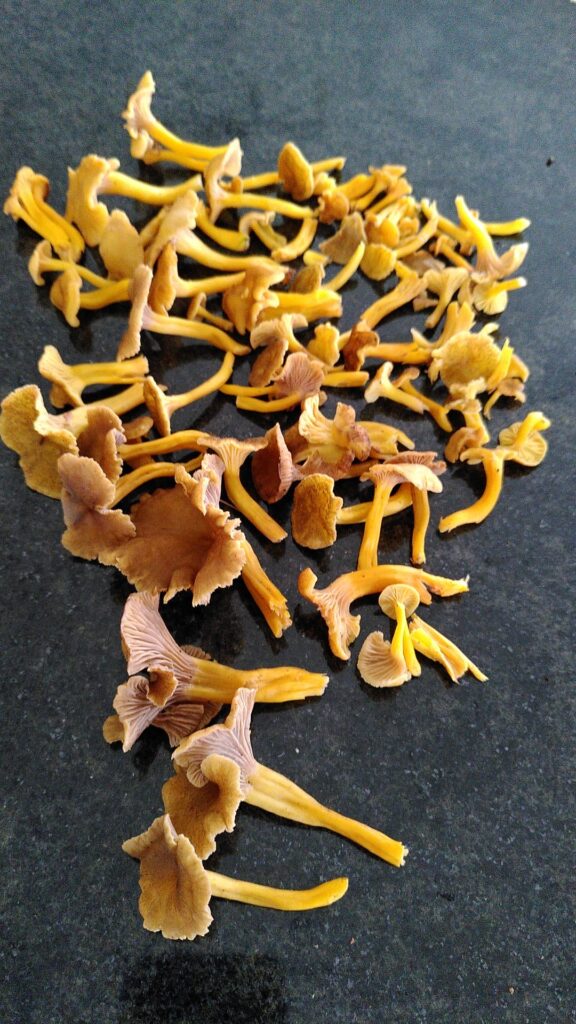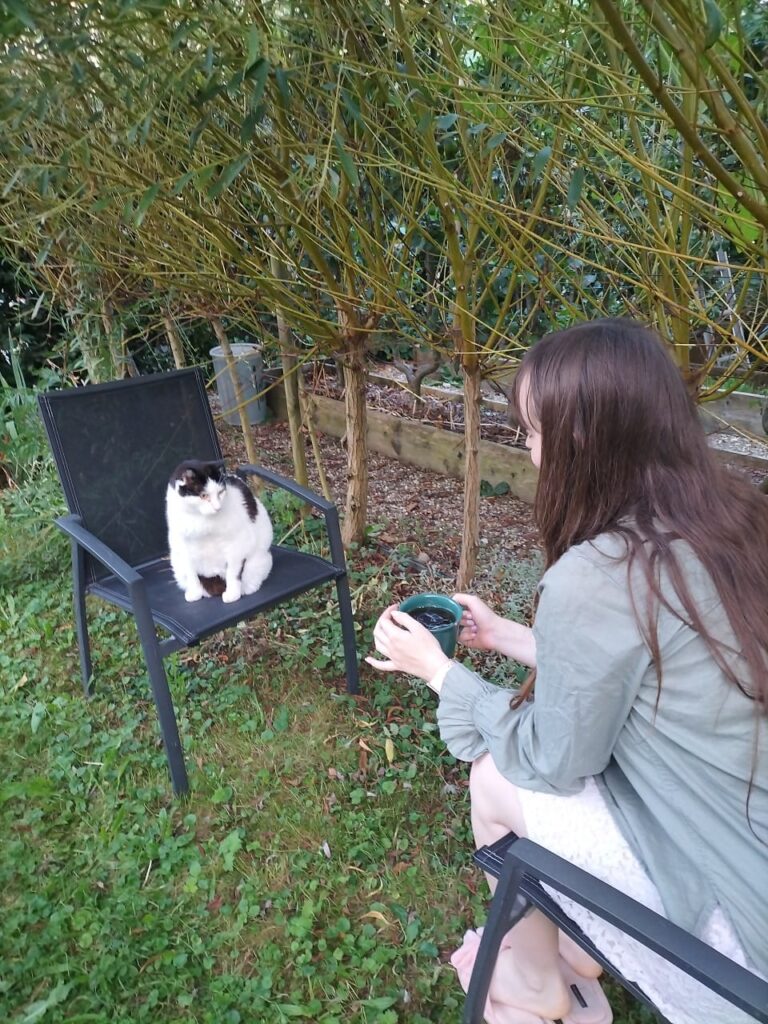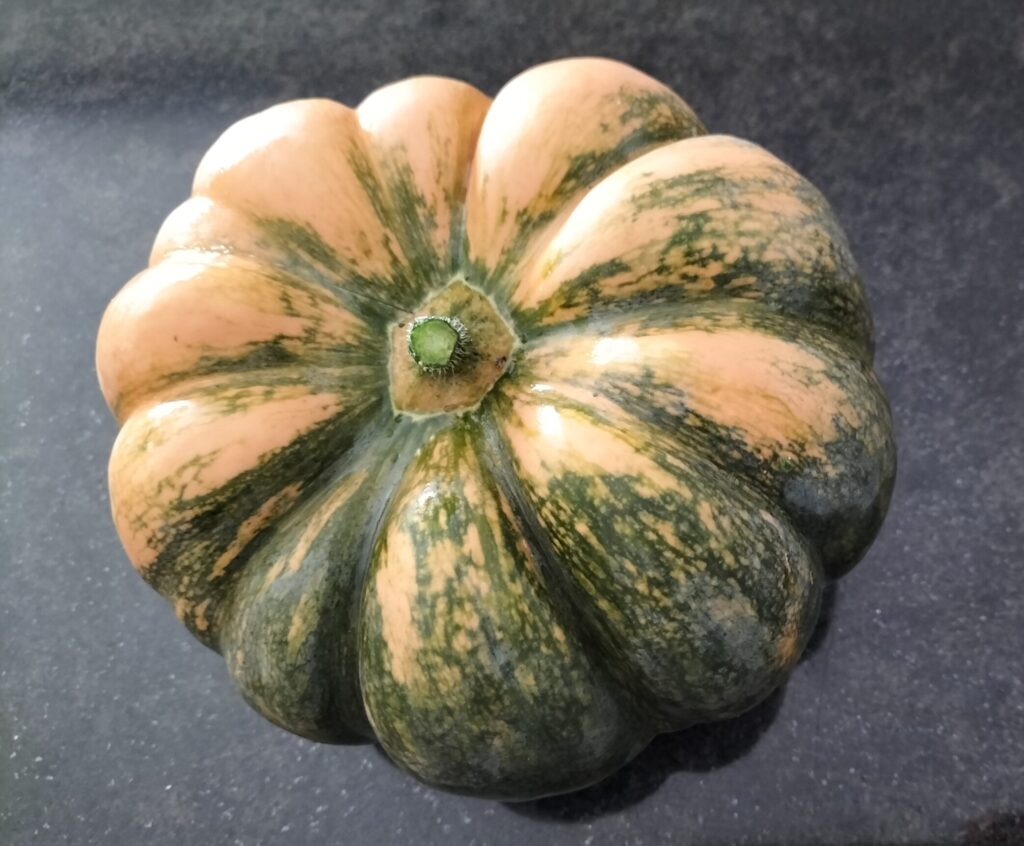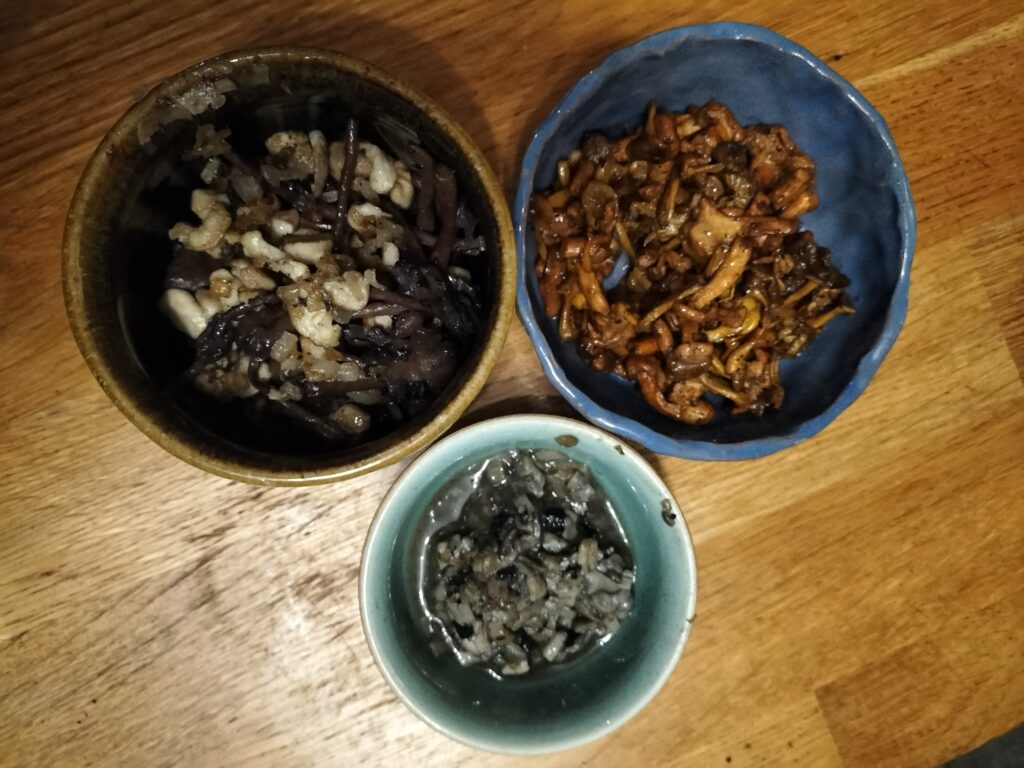
Amethyst deceivers + puff balls, autumn chanterelles + hedgehog mushrooms, and inkcaps, collected in a nearby forest.
This is a reflection I wrote in May this year on Mark 10:17-22
I wonder how you feel about this passage? I know that this is one of those difficult encounters with Jesus that we cannot ignore, but that can leave us feeling rather uncomfortable. In this story, Jesus seems very demanding – he asks the rich man to sell all his possessions and give the proceeds to the poor, is he asking the same of us? Since only a few actually take that path, does this mean that the rest of us are failing in our Christian vocation?
How we read these words depends on our image of God, what we really believe God is like. If he is punitive, demanding and a killjoy, then the message we hear is that we must try and earn God’s love by doing difficult things and denying ourselves. However, in this passage, we read that Jesus looked at the rich man and loved him. The Bible is peppered with verses that tell us how much God loves us and wants what’s best for us, and so this reading can’t be about doing hard things to earn God’s love – that love is already given. If we can believe that God is love and has our best interests at heart, then this passage has another message for us.
Let’s take a moment to consider what was going on in the rich man’s life. He was deeply religious and conscientiously followed the religious laws. He worked hard at doing the right thing and was committed to seeking eternal life, what we might call ‘salvation’. He sensed that there was something more to the spiritual life, but seemed to have come to the end of this resources. He had heard that the Rabbi Jesus had come to town – perhaps he could show him the way? Since he was a wealthy man, he could be fairly confident that he was on the right track, because wealth was understood as a reward from God for good behaviour. So he was hopeful, looking forward to a positive interaction with this teacher who would surely recognise his virtue. He believed himself willing to do whatever was required of him in the search for God. So, in his enthusiasm, he ran to Jesus and knelt down before him, asking the question, ‘What can I do to be saved?’ Now, there are two problematic words in this question, I and do. He believed he needed to work at getting God to accept him, and believed that he effectively could save himself this way. The focus was squarely on him and what he could do.
Jesus initially appears to go along with this assumption, listing various laws that must be kept – as if that was all that was needed – perhaps this was his way to find out how serious the rich man was. Only when pressed by this earnest young man, does Jesus give his unthinkable instruction to sell what he owns, and give the money to the poor.
his wealth was a blessing from God, it made no sense to give it all up – that would be like ungratefully returning a gift to the one who gave it, and so the rich man reacted with shock and grief. He was, perhaps, looking for a new way of praying or another religious practise, but Jesus didn’t tell him to take something new on, but to let go of what he already had. Jesus made it sound easy, but it wasn’t, and wasn’t just about the money, Jesus was also asking him to give up his status, security and even his family, as there’s no way that his relatives would have remained in contact with him if he had embraced a life of poverty.
It makes me think of Jesus’ words in John 12, where he says:
24 Very truly, I tell you, unless a grain of wheat falls into the earth and dies, it remains just a single grain; but if it dies, it bears much fruit. 25 Those who love their life lose it, and those who hate their life in this world will keep it for eternal life.
Jesus says what he does because he knows what the rich man really needs, he knows what will set him free and bring him abundant life. Giving up his wealth wouldn’t have earnt the rich man his salvation, as that is the gift of God, but it would have set him free to follow Jesus. The rich man’s life is under control, safe, he lives within comfortable limits. Jesus invites him beyond these limits, he challenges the rich man to let go of the control of his life and trust that God will catch him, but the rich man isn’t ready for that leap of faith. I also wonder whether Jesus asked the man to do the almost impossible partly to show him that he could not save himself?
Jesus’ challenge is followed by a promise and an invitation:
you will have treasure in heaven; then come, follow me
This invitation to ‘come follow me’ is the same as the invitation he extended to the first disciples. He called Andrew, Peter, James and John to leave their life as fishermen, but perhaps since they had less to lose it was easier for them to give up the little they had? But then Matthew left his job as a tax collector, which was a lucrative profession; in his case perhaps the fact that most people would have hated him for colluding with the occupying Romans, would have made him more willing to give it up that life? The man in our story is both rich and respectable, he has everything to lose and is too attached to his lifestyle and possessions to let go and follow Jesus. He doesn’t realise that his wealth has him trapped and is afraid of what would happen if he lost it. He isn’t free to pursue the deeper spiritual life that he desires.
Now, I just said that the rich man was too ‘attached’ to his wealth, and that was a deliberate choice of word. I want to say a just few words about the opposite: detachment. Unlike the rich man, the 12 disciples were sufficiently detached from their previous occupations to be able to leave them behind and follow Jesus. Ignatian spirituality understands detachment as a healthy impartiality, a distancing, an indifference. If we can be detached from things and habits, we are freer to choose those things and attitudes that lead to God. That isn’t to say that things are necessarily bad, quite the contrary, they can be a great blessing, but if they become too important to us, they entrap us and so hinder our growth towards God.
For the rich man, there was a call to be free from his possessions and a call to be free of the lie that there was something he could do to save himself. The rich man’s unhealthy attachments were brought to light by an encounter with Jesus; we can discover our unhealthy attachments by an encounter with the Holy Spirit.
These attachments can come in many guises, they might be material possessions or money, as in this passage, they might also be feelings and thoughts that bind us, cravings and addictions, or unhelpful thought patterns. For example, I struggle with an attachment to perfectionism. My tendency is to believe that if something I’ve done is not perfect, then it’s practically worthless. This puts the focus on me and my achievements, rather than on trusting God to use my, inevitably imperfect, efforts.
One way to test whether we are unhealthily attached to something, is to ask ourselves how we would feel if God asked us to let go of it. Our response will give us an indication of how attached we are, because, when we are free, letting go doesn’t feel difficult. Depending on what the attachment is, God may or may not ask us to let go of it, but we are invited to hold lightly even the good gifts in our lives.
The encounter in this story feels rather final. The rich man is presented with an ultimatum and declines Jesus’s invitation, albeit regretfully, as we read that he grieved as he walked away. I wonder whether the rich man might have changed his mind later on? Having had his unhealthy attachments revealed to him, perhaps, in time, he came to the point of being able to let go of them? After all, detaching from the things that keep us from a closer walk with God is a lifelong process.
To follow Jesus, the rich man needed to let go of his possessions. What are the things that limit our freedom to follow Christ? How might God be calling us into a more abundant life? Perhaps we can ask God to set us free to take risks with our time, talent and treasures for the purposes of God’s kingdom. I invite us to place all we are and have before God, giving thanks for all our blessings, and may God help us loosen our grip on whatever hinders us from serving him, confident that He won’t loosen his grip of love on us.

